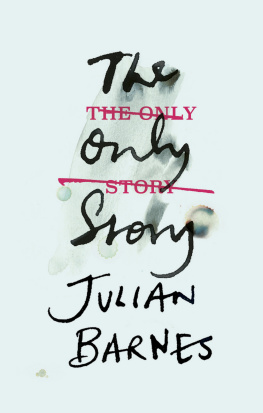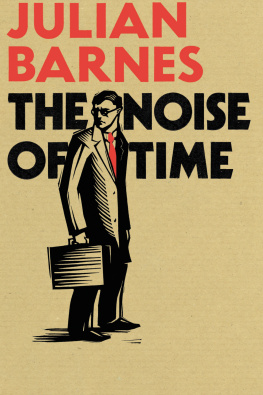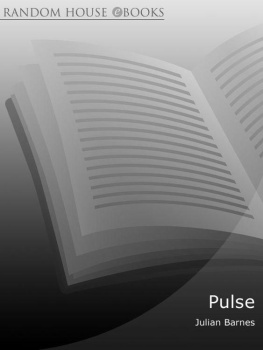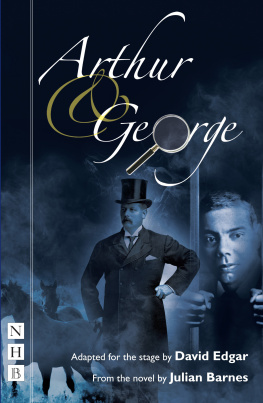Julian Barnes - Staring at the Sun
Here you can read online Julian Barnes - Staring at the Sun full text of the book (entire story) in english for free. Download pdf and epub, get meaning, cover and reviews about this ebook. genre: Art / Prose. Description of the work, (preface) as well as reviews are available. Best literature library LitArk.com created for fans of good reading and offers a wide selection of genres:
Romance novel
Science fiction
Adventure
Detective
Science
History
Home and family
Prose
Art
Politics
Computer
Non-fiction
Religion
Business
Children
Humor
Choose a favorite category and find really read worthwhile books. Enjoy immersion in the world of imagination, feel the emotions of the characters or learn something new for yourself, make an fascinating discovery.

- Book:Staring at the Sun
- Author:
- Genre:
- Rating:4 / 5
- Favourites:Add to favourites
- Your mark:
- 80
- 1
- 2
- 3
- 4
- 5
Staring at the Sun: summary, description and annotation
We offer to read an annotation, description, summary or preface (depends on what the author of the book "Staring at the Sun" wrote himself). If you haven't found the necessary information about the book — write in the comments, we will try to find it.
Staring at the Sun — read online for free the complete book (whole text) full work
Below is the text of the book, divided by pages. System saving the place of the last page read, allows you to conveniently read the book "Staring at the Sun" online for free, without having to search again every time where you left off. Put a bookmark, and you can go to the page where you finished reading at any time.
Font size:
Interval:
Bookmark:
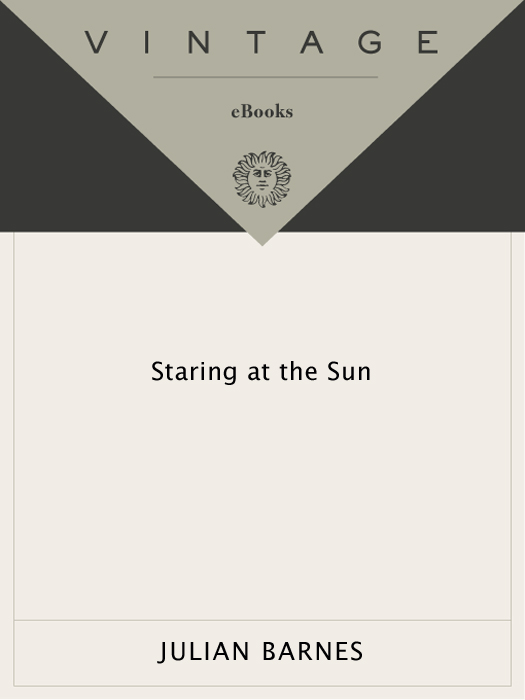
ACCLAIM FOR Julian Barness
STARING AT THE SUN
One of Englands most interesting and provocative novelists Barnes display[s] a remarkable versatility, a dashing wit, and a sense of irony that keeps his wonderfully idiosyncratic creations under tight control.
New Republic
[Julian Barnes] demonstrates what a fabulous independent voice can accomplish when it keeps kicking away the crutches of contemporary fiction.
Philadelphia Inquirer
Not merely a dazzling entertainer [Barnes] is a no-nonsense moralist as well, and is as dexterous with the darker elements of betrayal and pain as with the farcical mechanics of love and clashing temperaments.
The New Yorker
Barness books celebrate the human imagination, the human heart, the boisterous diversity of our gene pool, our activities, our delusions. They thrill the mind and the emotions; and he achieves, without tricks or puns, what Nabokov loved: aesthetic bliss.
Chicago Sun-Times
Barnes writes with such intelligence and fluency, the result is never less than entertaining.
The New York Times
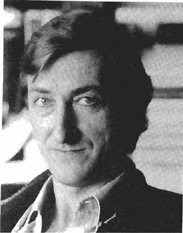
Julian Barnes
STARING AT THE SUN
Born in Leicester, England, in 1946, Julian Barnes is the author of more than ten books, including Metroland, Talking It Over, and Something to Declare. His work has been translated into more than thirty languages. In France he is the only writer to have won both the Prix Mdicis and the Prix Fmina, and in 1988 he was made a Chevalier de lOrdre des Arts et des Lettres. He lives in London.

ALSO BY Julian Barnes
Something to Declare
Love, etc.
England, England
Cross Channel
Letters from London
The Porcupine
Talking It Over
A History of the World in 10 Chapters
Flauberts Parrot
Before She Met Me
Metroland
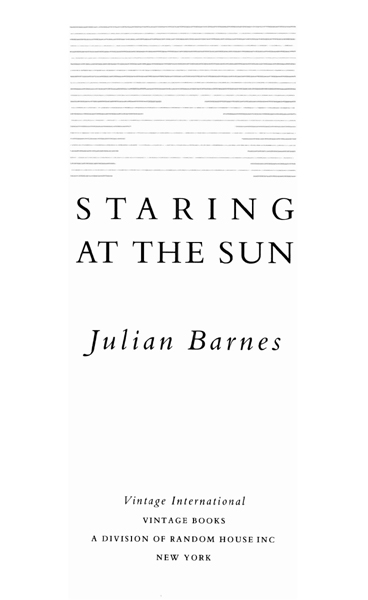

FIRST VINTAGE INTERNATIONAL EDITION, OCTOBER 1993
Copyright 1986 by Julian Barnes
All rights reserved under International and Pan-American Copyright Conventions. Published in the United States by Vintage Books, a division of Random House, Inc., New York. Originally published in Great Britain by Jonathan Cape Limited, London, in 1986. First published in the United States by Alfred A. Knopf, Inc., New York, in 1987.
Library of Congress Cataloging-in-Publication Data
Barnes, Julian.
Staring at the sun / Julian Barnes.
p. cm.
eISBN: 978-0-307-79779-7
I. Title.
[PR6052.A66577S7 1993]
823.914dc20 93-15509
Author photograph Miriam Berkley
v3.1
To the memory of Frances Lindley
19111987
T HIS IS WHAT HAPPENED . On a calm, black night in June 1941 Sergeant-Pilot Thomas Prosser was poaching over northern France. His Hurricane IIB was black in its camouflage paint. Inside the cockpit, red light from the instrument panel fell softly on Prossers hands and face; he glowed like an avenger. He was flying with the hood back, looking towards the ground for the lights of an aerodrome, looking towards the sky for the hot colour of a bombers exhaust. Prosser was waiting, in the last half hour before dawn, for a Heinkel or a Dornier on its way back from some English city. The bomber would have skirted antiaircraft guns, declined the publicity of searchlights, dodged barrage balloons and night fighters; it would be steadying itself, the crew would be thinking of hot coffee fierce with chicory, the landing gear would crunch downand then would come the poachers crafty retribution.
There was no prey that night. At 3:46 Prosser set course for base. He crossed the French coast at eighteen thousand feet. Perhaps disappointment had made him delay his return longer than usual, for as he glanced up the Channel to the east he saw the sun begin to rise. The air was empty and serene as the orange sun extracted itself calmly and steadily from the sticky yellow bar of the horizon. Prosser followed its slow exposure. Out of trained instinct, his head jerked on his neck every three seconds, but it seems unlikely he would have spotted a German fighter had there been one. All he could take in was the sun rising from the sea: stately, inexorable, almost comic.
Finally, when the orange globe sat primly on the shelf of distant waves, Prosser looked away. He became aware of danger again; his black aeroplane in the bright morning air was now as conspicuous as some Arctic predator caught in the wrong fur by a change of season. As he banked and turned, banked and turned, he glimpsed below him a long trail of black smoke. A solitary ship, perhaps in trouble. He descended quickly towards the twinkling, miniature waves, until at last he could make out a tubby merchantman heading west. But the black smoke had stopped, and there seemed nothing wrong; probably she had just been stoking up.
At eight thousand feet Prosser flattened out and set fresh course for base. Halfway across the Channel he allowed himself, like the German bomber crews, to think about hot coffee and the bacon sandwich he would eat after debriefing. Then something happened. The speed of his descent had driven the sun back below the horizon, and as he looked towards the east he saw it rise again: the same sun coming up from the same place across the same sea. Once more, Prosser put aside caution and just watched: the orange globe, the yellow bar, the horizons shelf, the serene air, and the smooth, weightless lift of the sun as it rose from the waves for the second time that morning. It was an ordinary miracle he would never forget.

1
You ask me what life is? It is like asking what a carrot is. A carrot is a carrot, and nothing more is known.
CHEKHOV TO OLGA KNIPPER , 20 April 1904
O THER PEOPLE ASSUMED it must be a strain, looking back over ninety years. Tunnel vision, they guessed; straw vision. It wasnt like that. Sometimes the past was shot with a hand-held camera; sometimes it reared monumentally inside a proscenium arch with moulded plaster swags and floppy curtains; sometimes it eased along, a love story from the silent era, pleasing, out of focus and wholly implausible. And sometimes there was only a succession of stills to be borrowed from the memory.
The Incident with Uncle Lesliethe very first Incident of her lifecame in a series of magic lantern slides. A sepia morality; the lovable villain even had a moustache. She had been seven at the time; it was Christmas; Uncle Leslie was her favourite uncle. Slide 1 showed him bending down from his enormous height to hand over a present. Hyacinths, he whispered, giving her a biscuit-coloured pot surmounted by a mitre of brown paper. Put them in the airing cupboard and wait until the spring. She wanted to see them now. Oh, they wouldnt be up yet. How could he be sure? Later, in secret, Leslie unscrewed a corner of the brown-paper wrapping and let her peer in. Surprise! They
Font size:
Interval:
Bookmark:
Similar books «Staring at the Sun»
Look at similar books to Staring at the Sun. We have selected literature similar in name and meaning in the hope of providing readers with more options to find new, interesting, not yet read works.
Discussion, reviews of the book Staring at the Sun and just readers' own opinions. Leave your comments, write what you think about the work, its meaning or the main characters. Specify what exactly you liked and what you didn't like, and why you think so.


